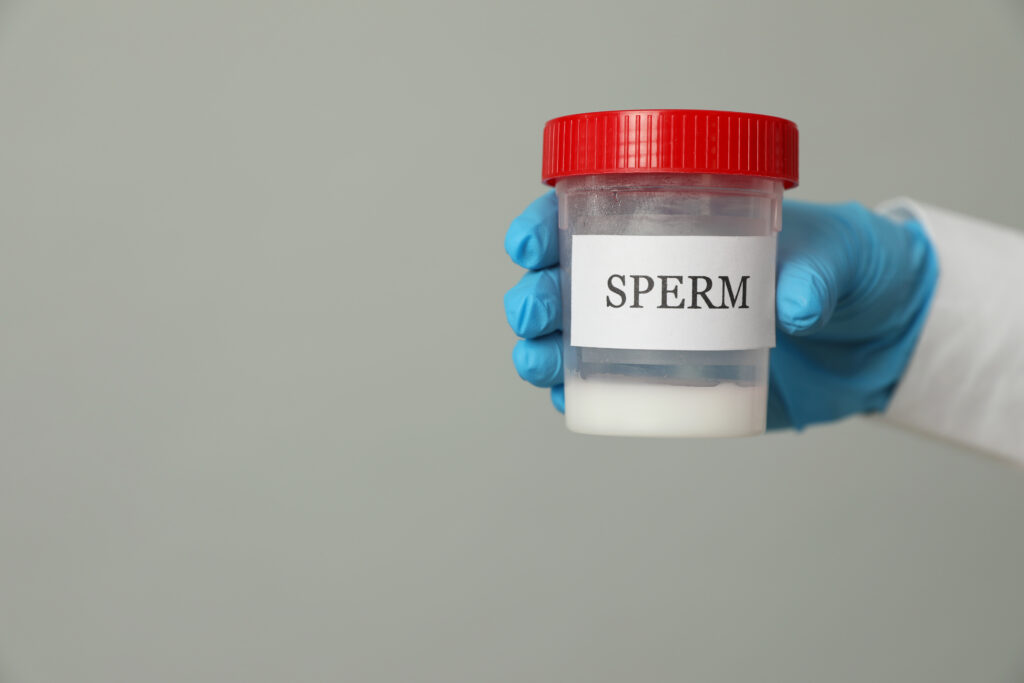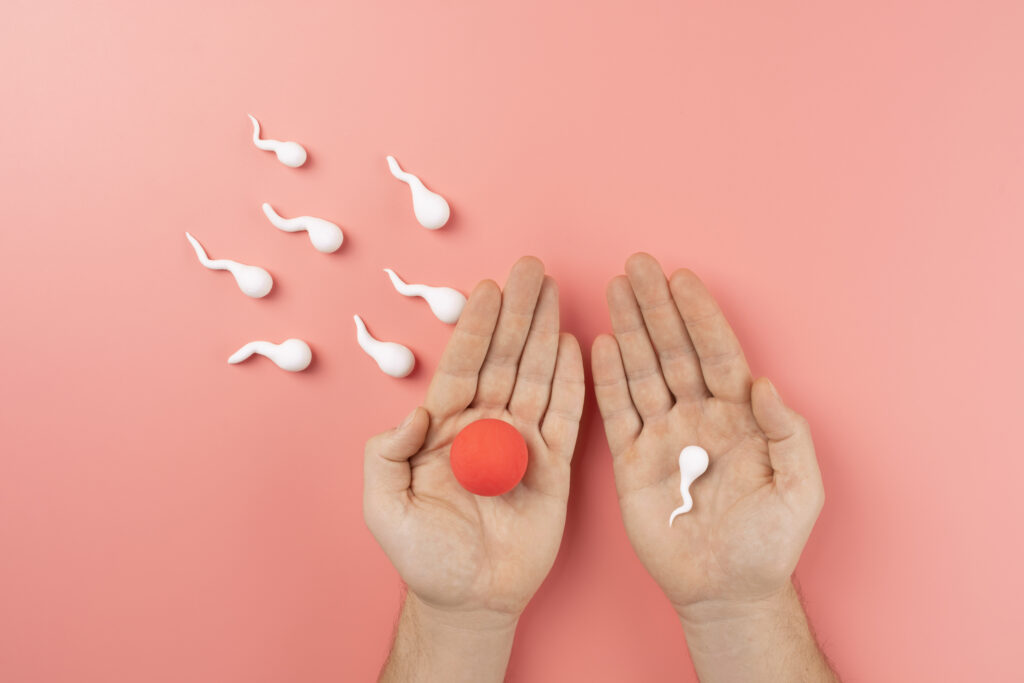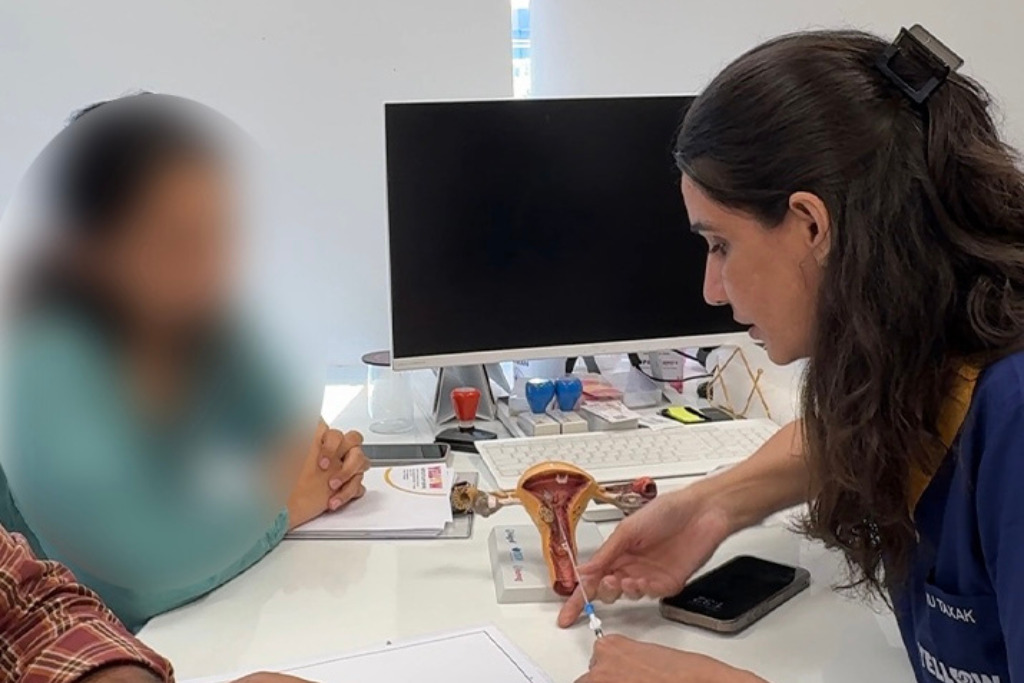Fertility is not just a woman’s journey; it’s a shared passage!
“Is it me?” This is a question that quietly echoes in the minds of many men when a couple is struggling to conceive. For decades, conversations about fertility have been mostly centred around women. However, here’s the truth- male fertility plays an equal, and powerful role in the success of IVF treatment.
If you are a man, who is sharing this journey with your partner, first of all, kudos to you for showing up, for being open, and for wanting to understand what your role is in all this. Yes, IVF may take place in the lab, but it begins with you, your support and your biology. So, if you are wondering about the male role in the IVF process or the significance of IVF treatment for men, let’s walk through this- together.
Why Male Fertility Matters in IVF More Than You May Realize?
Most aspiring couples don’t realize this, but fertility is a 50/50 partnership. About 30% of infertility cases are due to the male factor and that number jumps when it is combined with female factors. So, if your partner is undergoing IVF, your health, habits, and sperm quality also matter more than ever.
Common male infertility issues for which you should seek male IVF treatment includes:
- Low sperm count
- Poor motility (slow-moving sperm)
- Abnormal morphology (irregularly shaped sperm)
- Blockages or testicular issues
- Hormonal imbalances
- Lifestyle or environmental factors
And sometimes, infertility can be unexplained. But even then, you are a part of the solution.
Step 1: The Semen Analysis
This is the first checkpoint for diagnosing and treating male infertility.
- It’s simple, non-invasive, and gives a full breakdown of your sperm’s count, movement, and structure.
- It helps your fertility doctor decide whether regular IVF is an option or if techniques like ICSI (Intracytoplasmic Sperm Injection) are needed.
You can think of semen analysis as your body’s fertility parameter- it’s science, not shame.
Step 2: Preparing for the Sample
Whether it’s for a semen analysis or the actual IVF cycle, your sperm sample needs to be in the best shape possible.
Here’s how to give your sperm a boost:
- Cut out smoking and alcohol (yes, even the “just one” mindset)
- Take antioxidants and supplements like zinc, folic acid, CoQ10
- Stay cool, literally. Hot baths, tight underwear, and laptops on your lap can reduce sperm health
- Sleep well and manage stress because your hormones need balance too
- Follow an active lifestyle with some moderate workout, but not too intense.
The good news? Sperm regenerates every 2-3 months, and that means even small lifestyle changes today can lead to big improvements tomorrow.

Step 3: IVF Day- The Big Role You Play
contribution.
- You will provide a fresh semen sample on the same day.
- The embryologist will then select the best sperm to fertilize the eggs.
- In some cases, if sperm can’t be ejaculated due to blockages or other issues, it can be surgically retrieved through a process called TESA or PESA.
This is a clinical step, but it’s deeply human too, because you are helping to create life.
What If There’s a Sperm Issue?
Even if there’s an issue with your sperm quantity, quality, mobility, or all three, always remember that this isn’t about blame; rather IVF is all about finding a way forward. If your semen analysis shows a serious problem, your doctor might suggest:
- ICSI: A single healthy sperm is directly injected into an egg.
- Donor sperm: In cases where sperm count is extremely low or non-existent.
These options can feel overwhelming, but many men and couples find deep peace and joy in exploring them. Parenthood is about love and presence, not just DNA.
Conclusion
If you are walking the IVF journey, remember this; you are not a bystander. You are a co-creator. Every step you take, every ounce of support you offer, brings you both closer to holding that tiny miracle. Need more information on male IVF costs or want to talk to the professionals about the process? Contact our team at Yellow IVF today!




